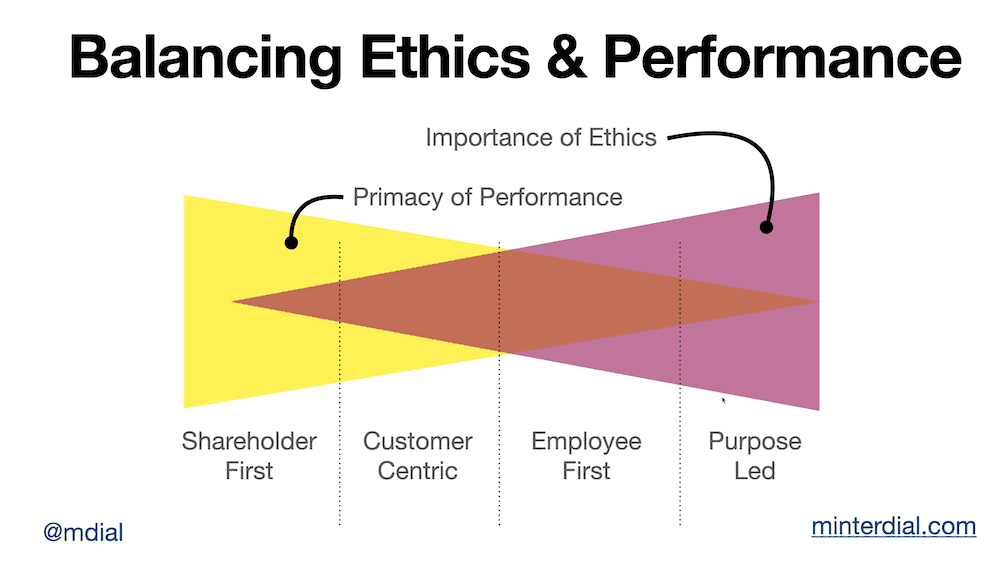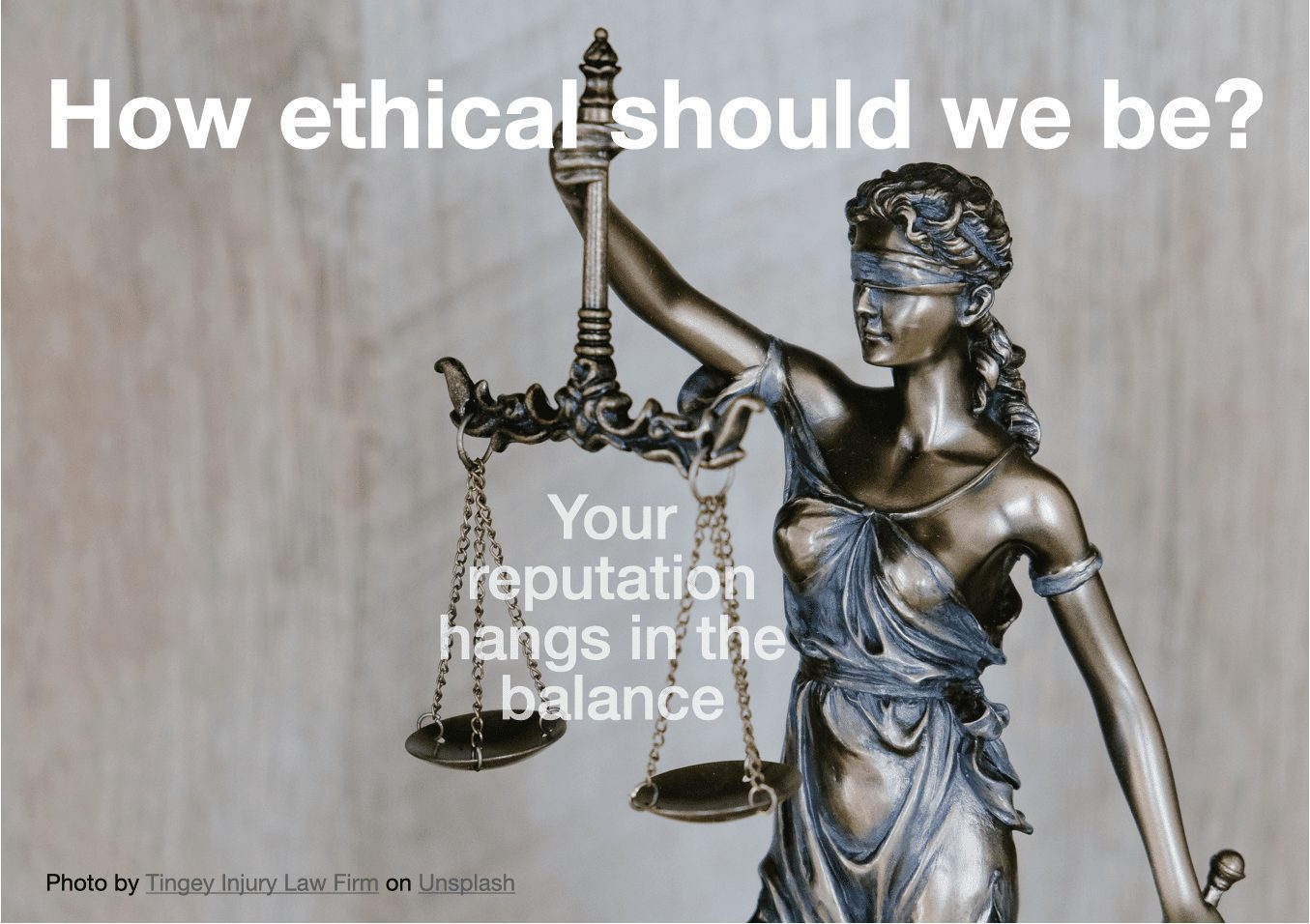When you do a scan of the business news, it seems that a high percentage of items concerns legal findings, fights and fines. Take just some of the notable cases in the news this past week, for example:
- Google was fined €4.13B by a European court for using its mobile OS, Android, to keep its search engine on top
- Elon Musk is engaged in a protracted battle over the calling off of his acquisition of Twitter. Without forgetting that Tesla has an ongoing whistleblower lawsuit
- The FTC antitrust investigation against Amazon in its purchase of iRobot
- Juul Labs (e-cigarettes) agreed to pay $438.5 million to settle a multi-state investigation
- Apple appeals a decision in Brazil banning Apple from selling its iPhone without a charger
- Google paid $118 million in an employee discrimination class action case
- Facebook (Meta) paid out $37.5 million in a location tracking settlement
- The Independent Workers’ Union of Great Britain (IWGB) is taking food delivery app operator Deliveroo to the Supreme Court over its alleged denial of collective bargaining rights to riders.
- …
Legal: an alternative avenue for innovation?
I could surely carry on the laundry list with many more lawsuits that involve ethics in business. Fortunately, however, there are dedicated websites that cover the ongoing legal frays, such as Top Class Actions. And these recent measly lawsuits and settlements pale in comparison to the major cases over the last few years against big tech in Europe (tax evasion, privacy infringements…), the Uber wars waged in cities around the world, the scam of Theranos, the murkiness of Megaupload, and the remarkable rise and continuing fall of WeWork with its questionable economics. But it does seem that a lot of corporate ‘innovation’ is won or at least sought through the courts. This can be in the form of defending intellectual property rights, or patent, copyright and trademark infringements. Or there is predatory pricing, antitrust or monopolistic practices, discreet if not deceitful lobbying, and other less savory business practices.
Synergies?
While not as questionable on an ethical level, there are also plenty of financial manoeuvrings (e.g. cost cutting) and corporate “synergies” that are far more focused on the customer. Sometimes, of course, these synergies are justifiably presented as ways to carve out monies to invest in other ways. But, an area that always made me grimace during my time at L’Oréal was the sharing of formulas among all the brands, where the price of the product for the same basic technology and performance could vary by a factor of 10x. Naturally, most big corporates with multiple coopetitive brands do the same. While it makes sense to ‘spread’ the R&D investment, I wonder to what extent consumers who are attracted to the ‘luxury’ brands would appreciate being told that they can get pretty much the exact same formula at a fraction of the price. All of this is typically in favour of shareholder return and lining the CEO’s pocket with bonuses, rather than providing truly value-added propositions for the customer, worthy of the price differential.
Ethics underscore the “how”

Being a goody-two-shoes is certainly not what I’m advocating. But it does seem quite prevalent the brazen attitude among certain business leaders and entrepreneurs who believe that the ends (results and money in the bank account) justify the means or the how. Ethics be darned. If failure is a feather in the cap of entrepreneurs pitching enlightened venture capitalists, the question of ethics is all too rarely broached. I take, for example, how the charismatic founder of WeWorks, Adam Neumann, has successfully started and funded, Flow, a brand new real estate venture (read more here via Esquire). As much as the rationality of competency and results count, it’s also important to bring your personal knowledge and reflections to work in order to sculpt a strong ethical framework. After all, one of the largest factors of long-term success lies in the strength of the relationships one forms and keeps. The ethics of your organization will also have an impact on employee satisfaction and retention. The most misunderstood element of ethics — and trust — is that they are inherently personal. To be a great leader is to know how to be highly professional and also genuinely personal.
"The most misunderstood element of ethics — and trust — is that they are inherently personal." How Ethical Should We Be? by @mdial Share on XFinding balance
Running a company successfully is no easy task. There are always compromises to be made. That’s the nature of strategy: making choices with limited resources. When the pressure on performance mounts, shortcuts seem ever more tempting. The natural survival instinct is to pull your up the bedsheets over yourselves in times of trouble. The question becomes: who do you include in your bed? Given the pressures to perform and the nature of the legal set-ups, it seems that these days corporate lawyers are having a field day (as has long been the case, perhaps). While some companies are of course conscientious and conscious of the importance of the customer, it’s all too easy to let go of one’s ethics, subordinate employee satisfaction and focus on the bottom line. It reminds me of the saying: shoot first, ask questions later. There’s another saying, attributed to Rear Admiral Grace Hopper, that seems to have taken on a life of its own among tech companies: “It’s easier to ask forgiveness than it is to get permission.” While shareholders may be benefitting in spite of the legal wranglings and business leaders are taking calculated risks, there’s still another population that probably has a lot to say, but whose voice is only rarely heard (either through whistleblowing or as a disgruntled ex-employee): the employee. As illustrated in the image below, the greater the emphasis on purpose, the more important the ethical considerations become within the strategy of the company. Especially with the younger, more conscientious generations, a company that is genuinely purpose-led will tend to have a greater chance of attracting and retaining talent. As I argued in You Lead, the ideal model is to have a purpose-led organization that has an employee-first customer centricity. With a degree of nuance, solid leadership and a good dose of pragmatism, such an orientation will lead to better long-term results.

How to gauge your ethical framework
Here’s a way to evaluate how solid your ethical framework is:
- How stalwart are the personal ethics of the CEO?
- To what extent are ethics a topic of conversation during the board of governor meetings?
- How and when are ethics discussed in senior executive meetings?
- To what extent is it clearly expressed and understood throughout the organization (including with your programmers, suppliers and outsourced departments)?
- Do examples of acceptable and unacceptable behavior accompany the statement of ethics?
- What happens when ethics are breached?
- How fluid is the feedback loop from employees, 3rd party suppliers and clients about ethical questions?
- To what extent do subordinates speak up about breaches in ethics in public forums?
- To what extent are superiors held accountable?
- If artificial intelligence has been implemented in the organization, is there a full understanding of the ethical applications and implications?
- How proud or embarrassed are your employees of the ethical lines drawn de facto by the company?
If your company has failings or weakness with regard to the above checklist, it might be a good time to bring up the topic! And, it would be especially appropriate for companies who are involved in many lawsuits to recommit to one’s ethical framework and make sure that the legal (and financial) teams are sufficiently briefed.
"To be a great leader is to know how to be highly professional and also genuinely personal."How Ethical Should We Be? by @mdial Share on X










